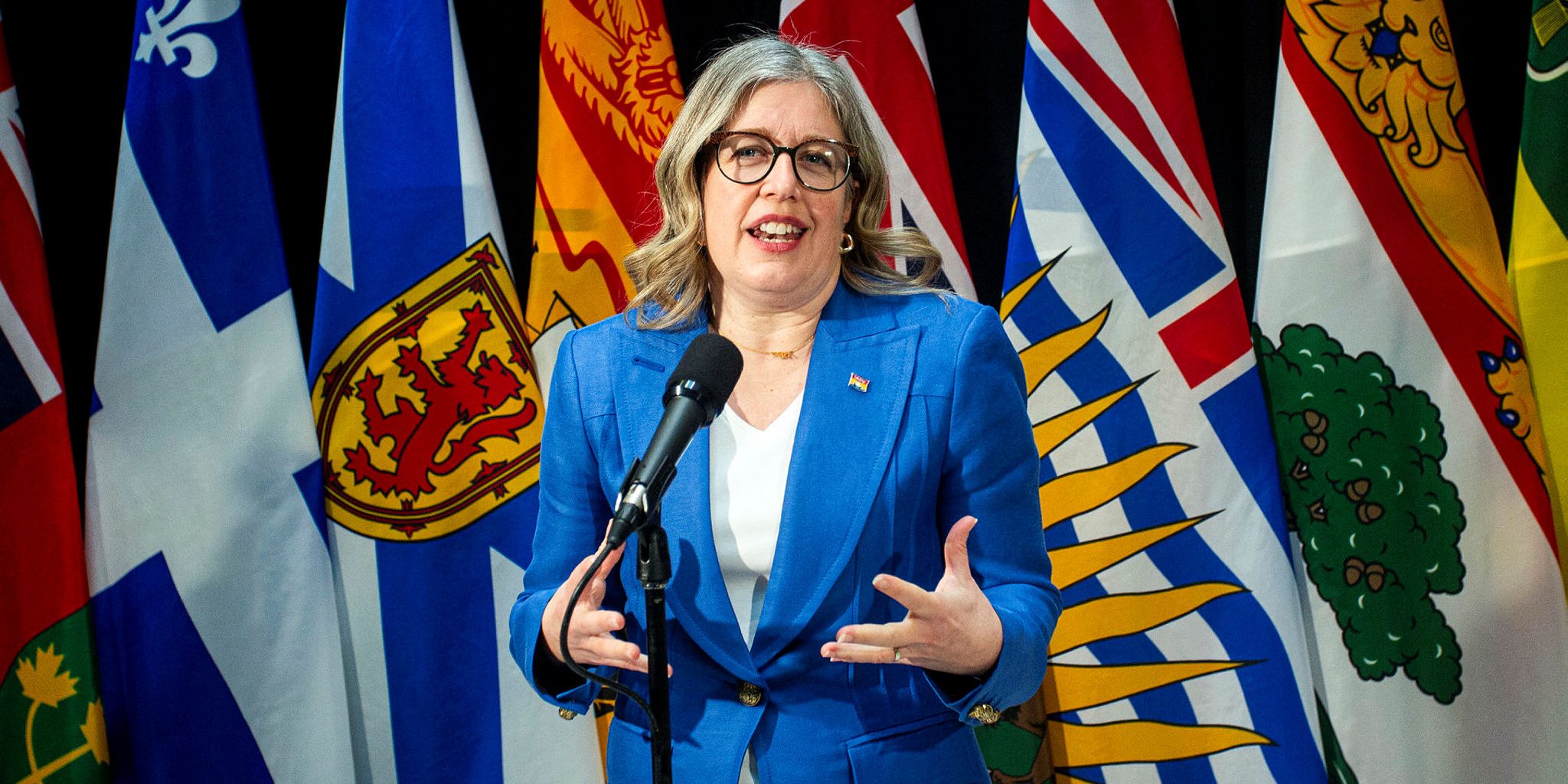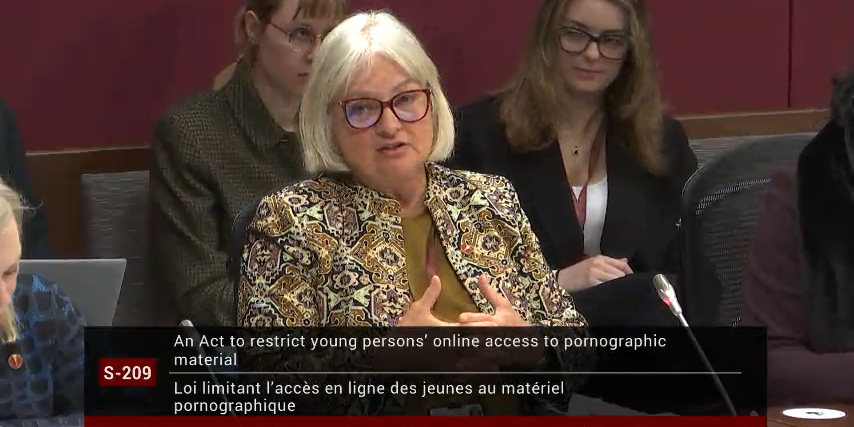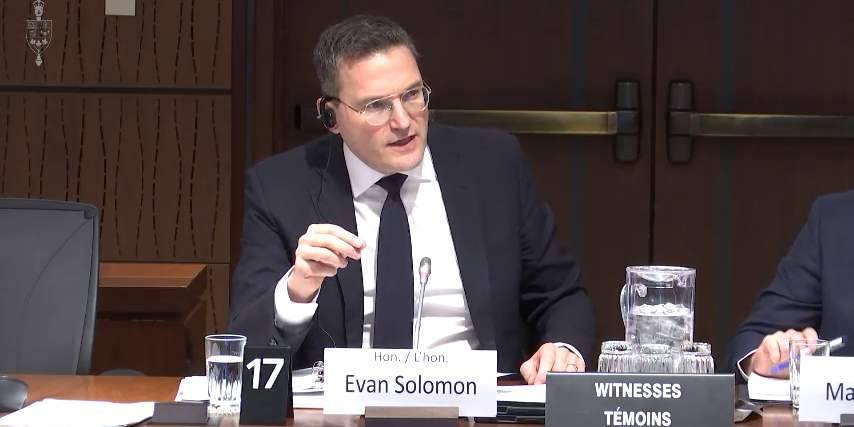
TikTok needs to do more to keep kids off platform, privacy watchdogs find
Regulatory | |September 23, 2025
TikTok has not been doing enough to keep children off of its popular online video platform or to avoid collecting their personal information for targeted advertising and content, according to a group of federal and provincial privacy watchdogs.
This content is available to wirereport.ca subscribers
Already a subscriber? Sign in here
Unlock all the Canadian telecom, broadcasting and digital media news you need.
Take a free trial or subscribe to The Wire Report now.
FREE TRIAL
Two weeks of free access to thewirereport.ca and our exclusive newsletters.
SUBSCRIBE
Unlimited access to thewirereport.ca and our exlusive newsletters.




